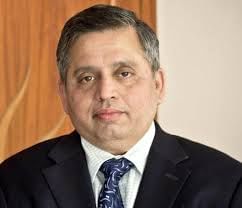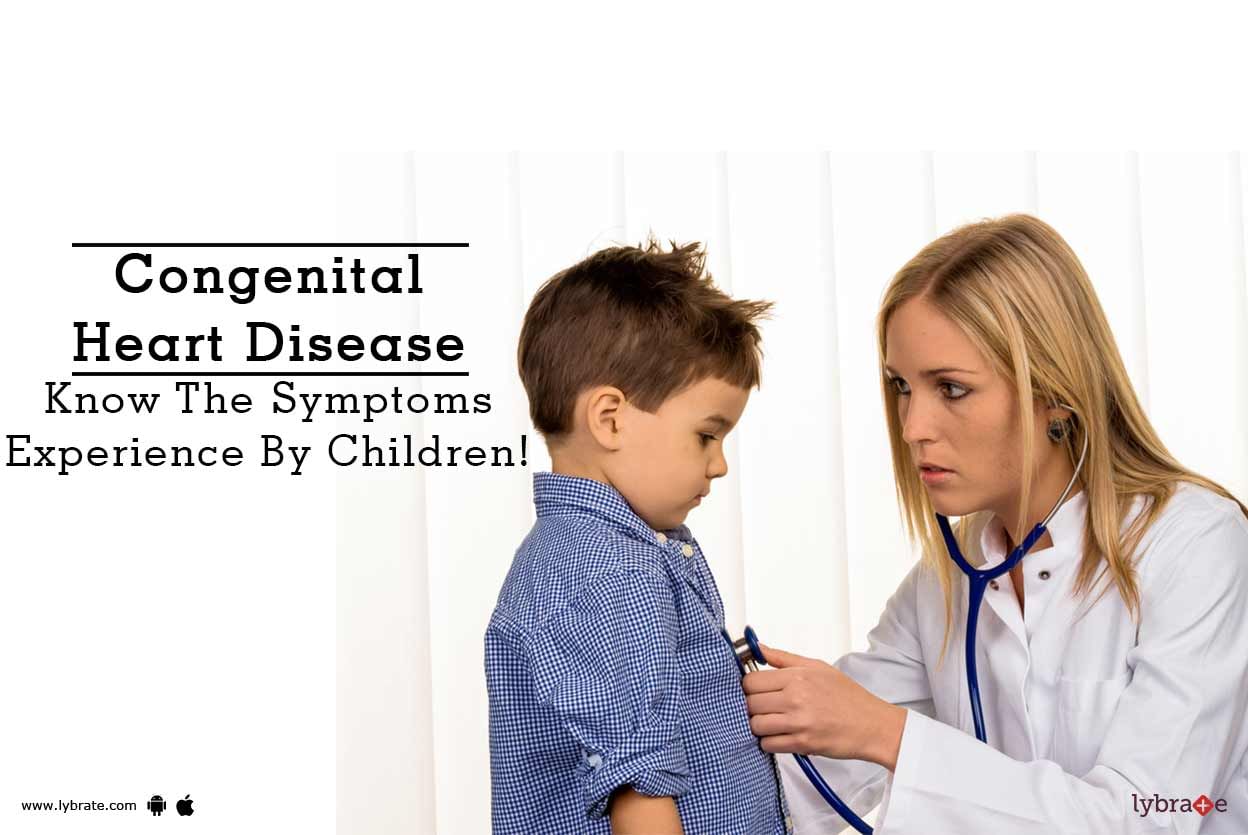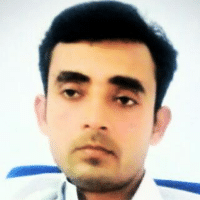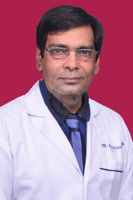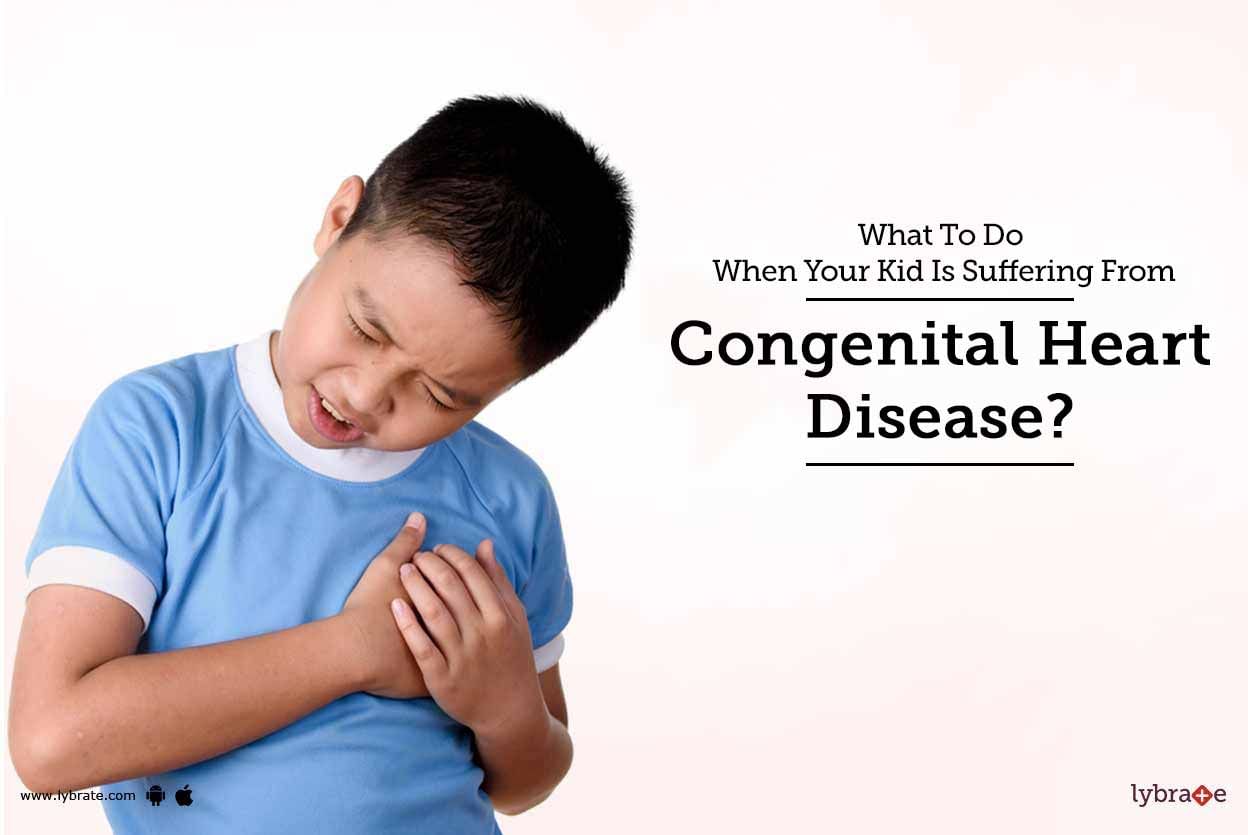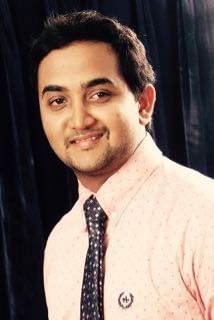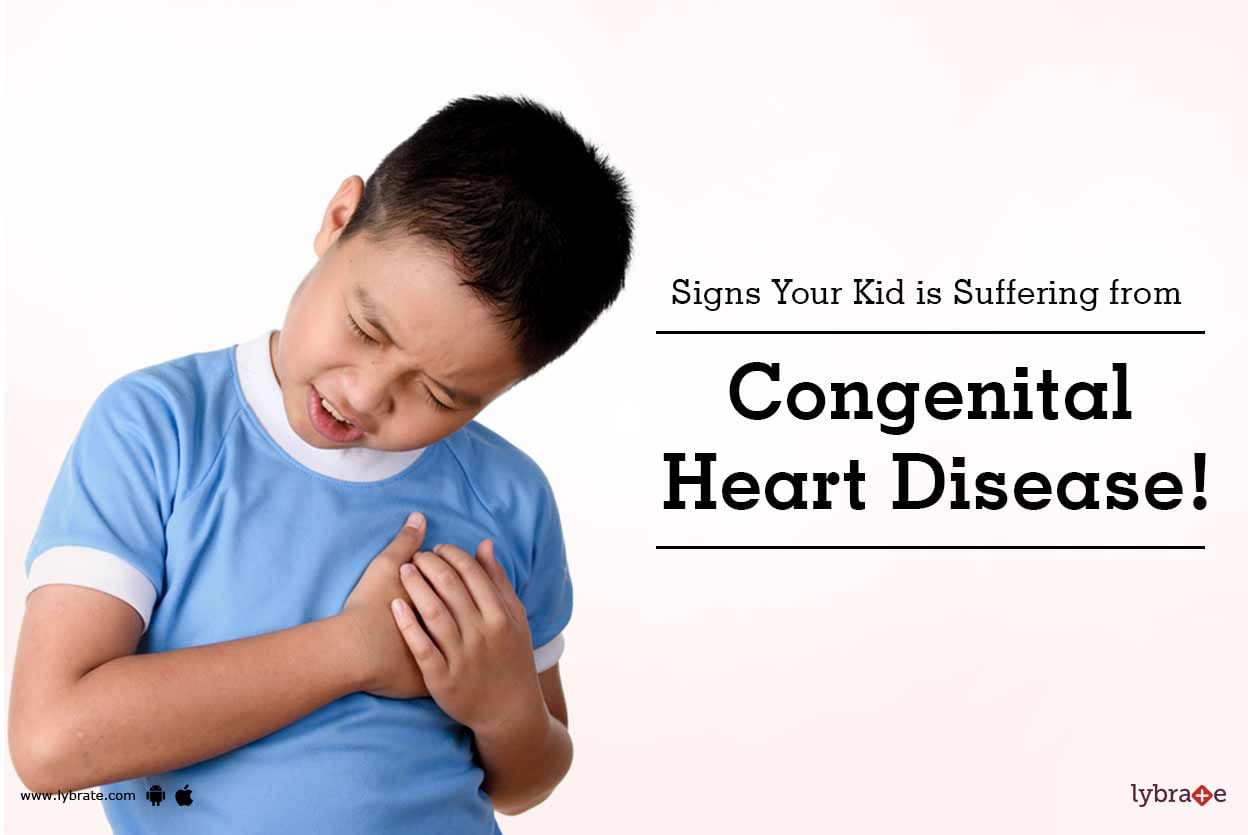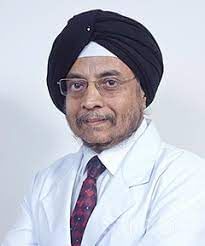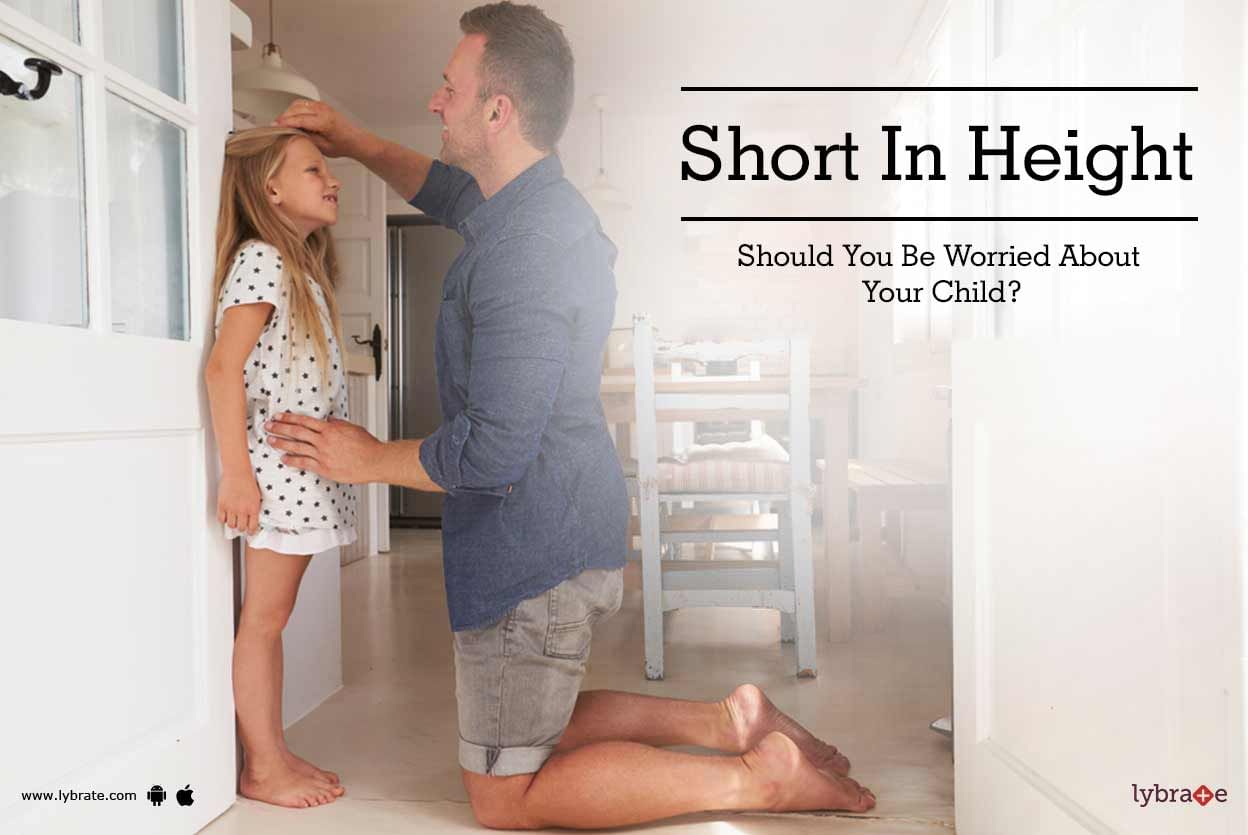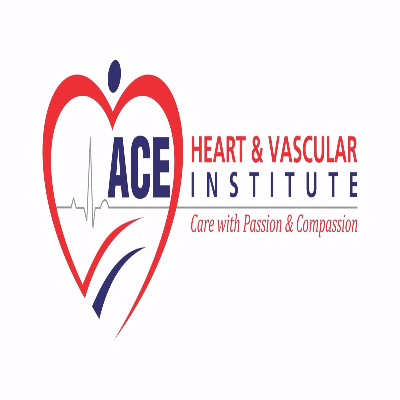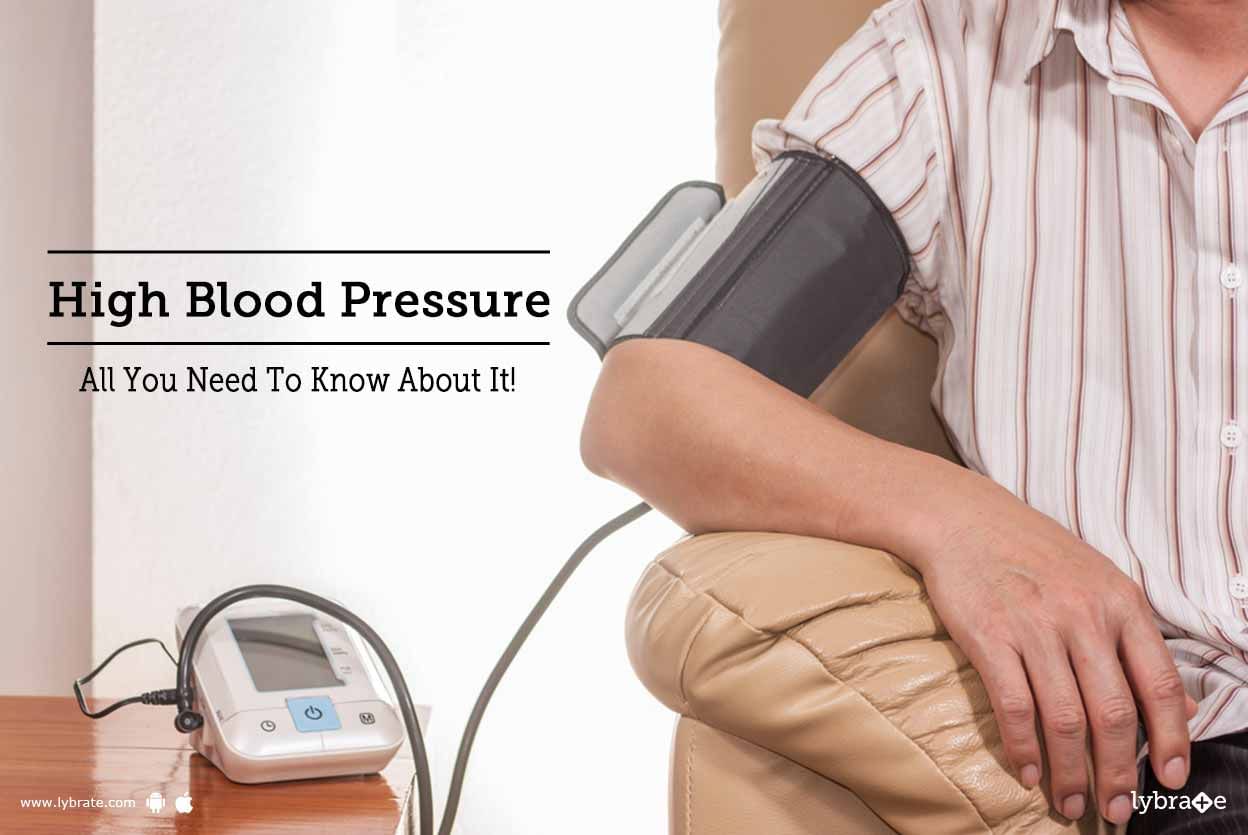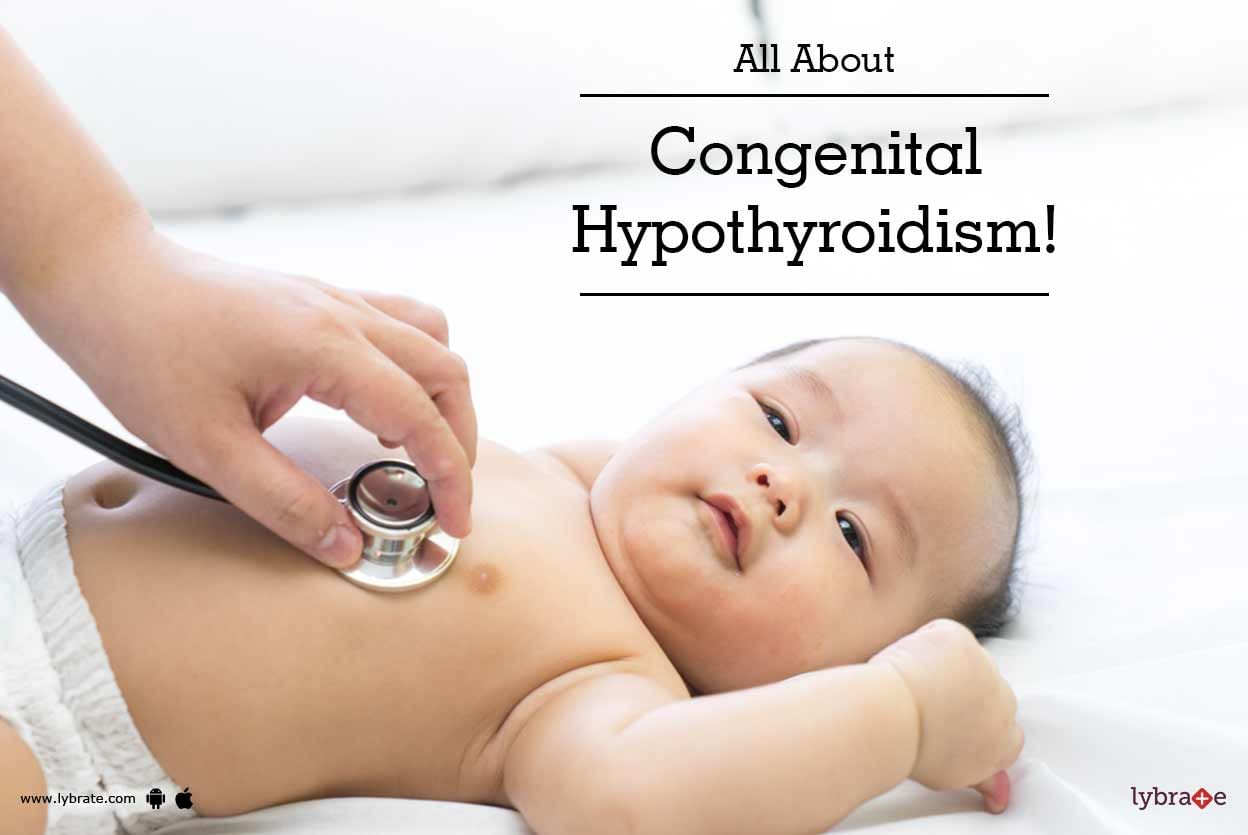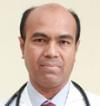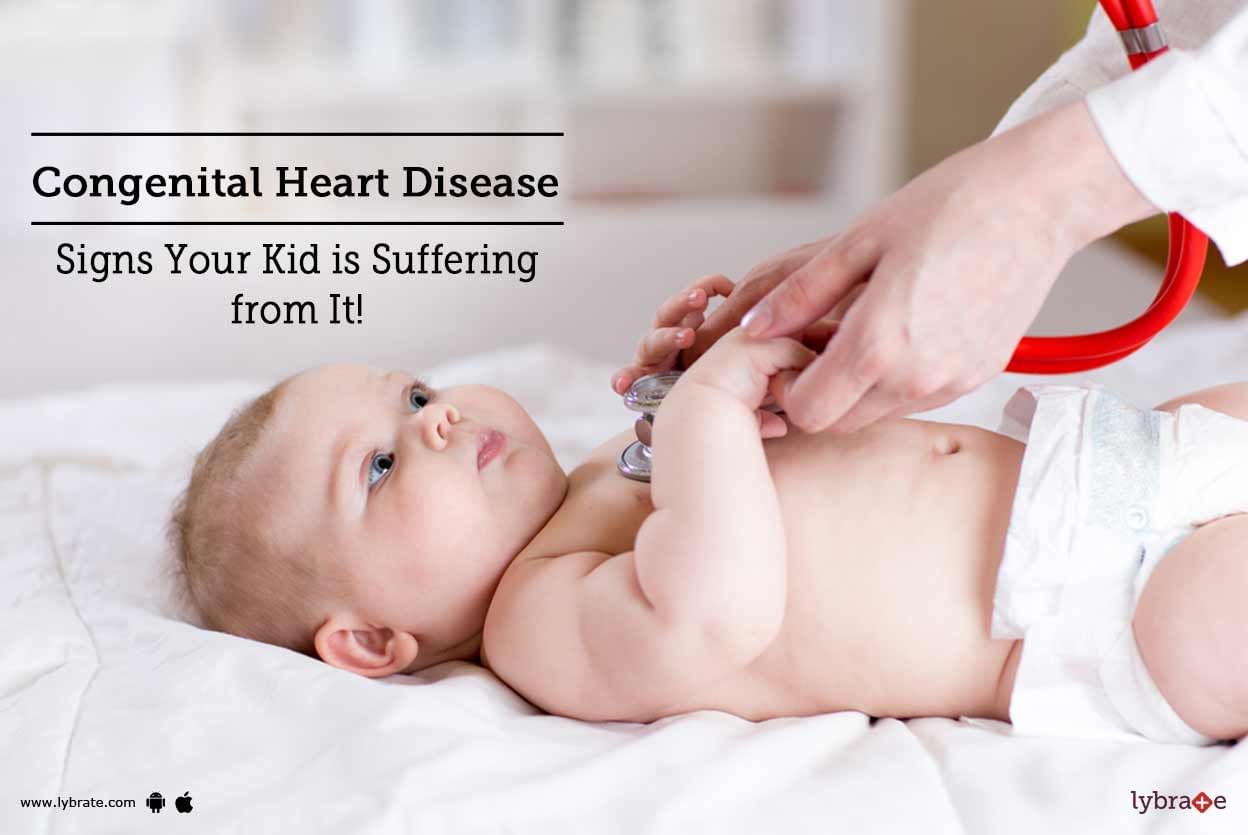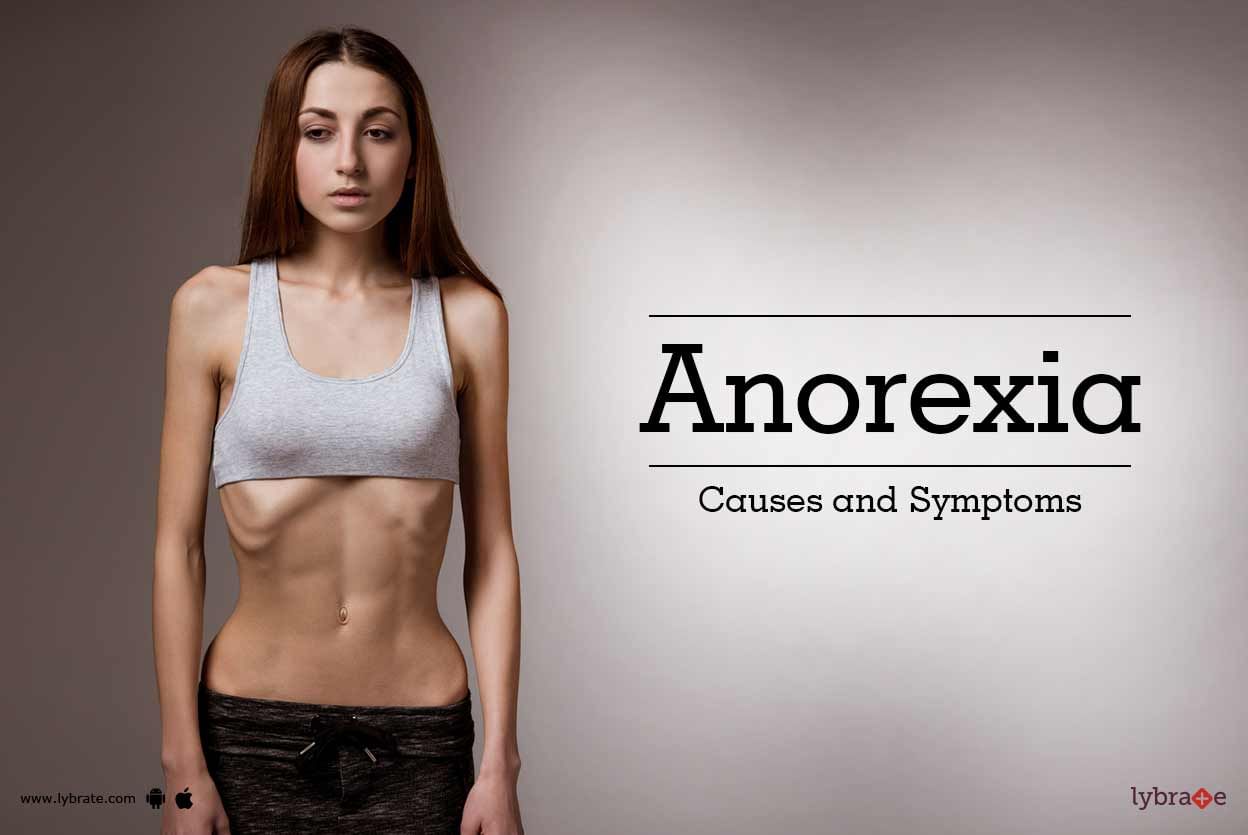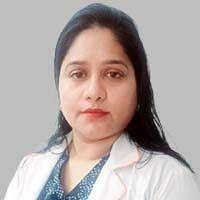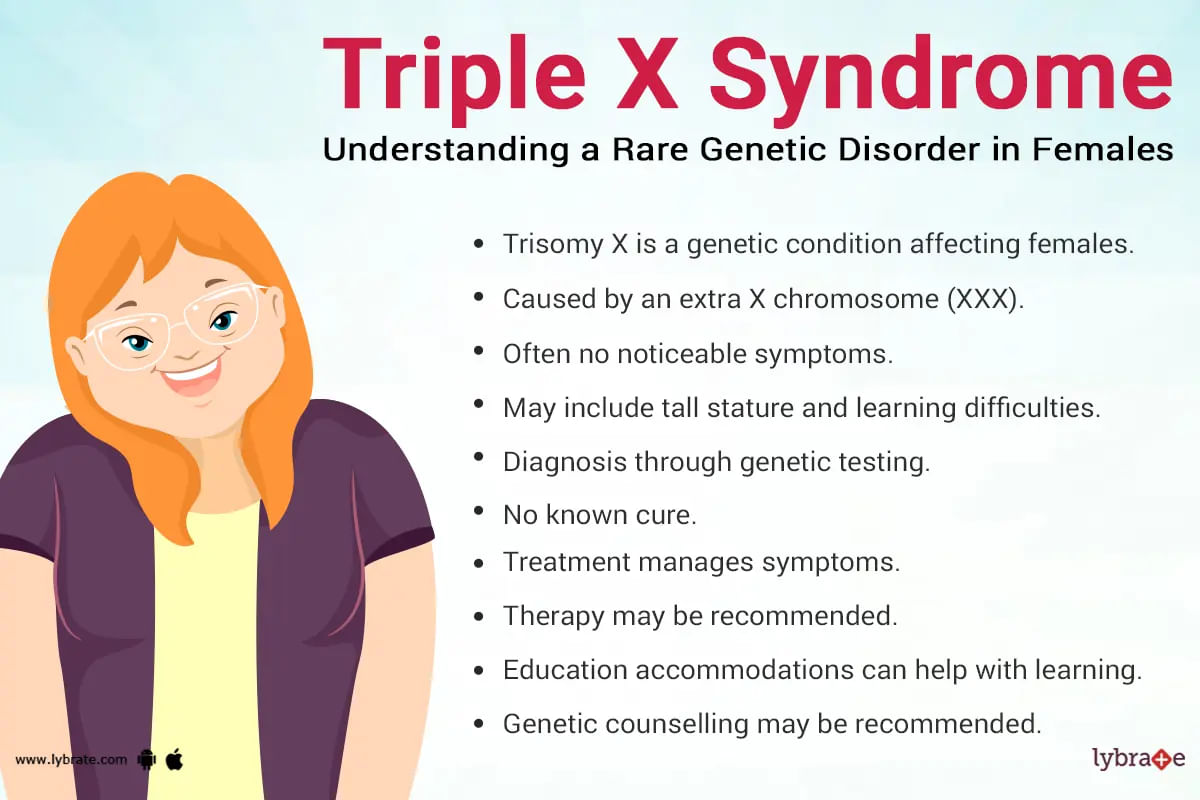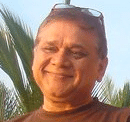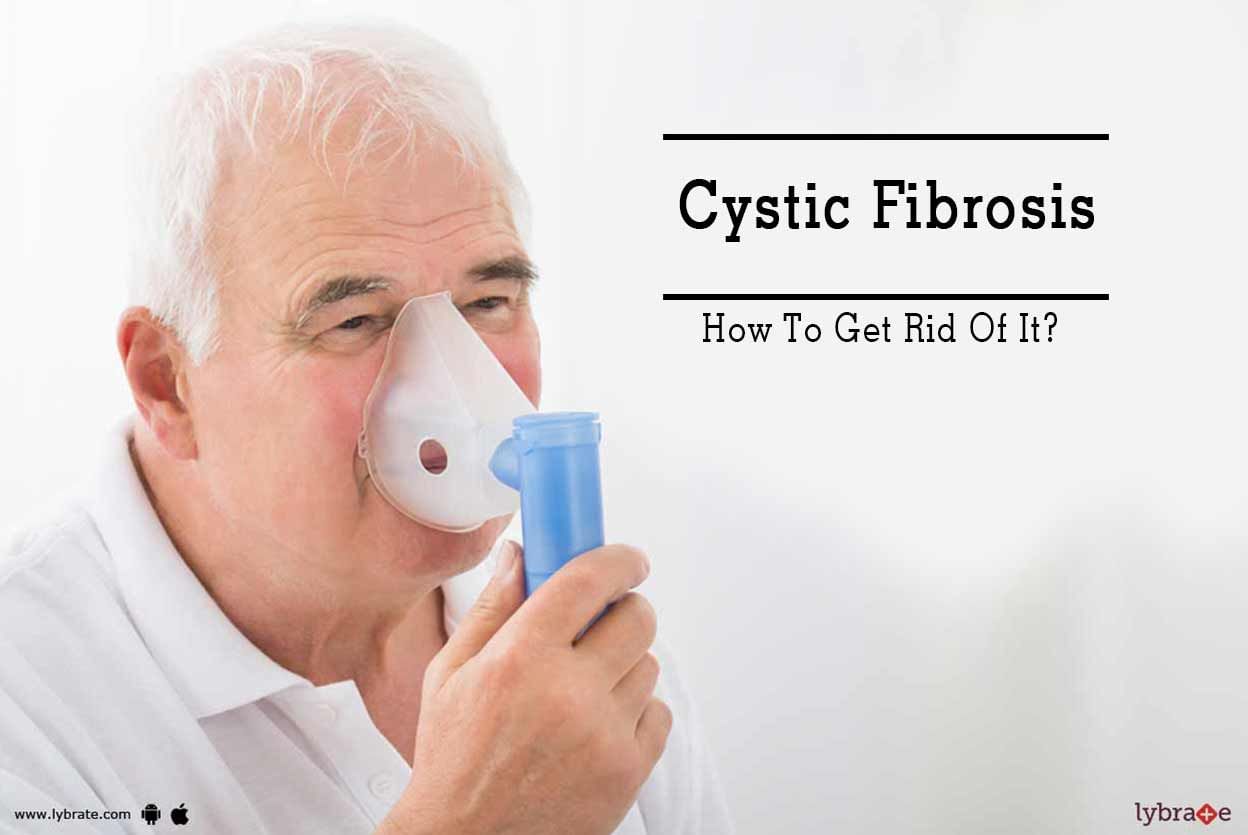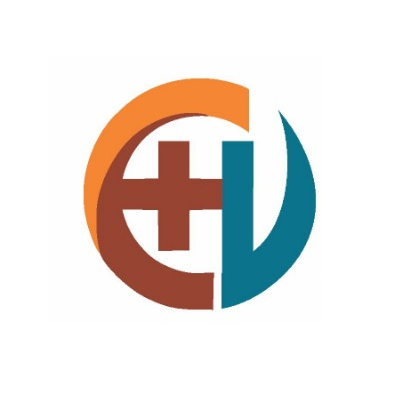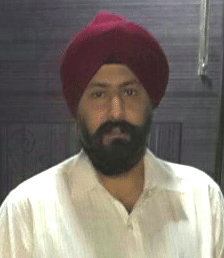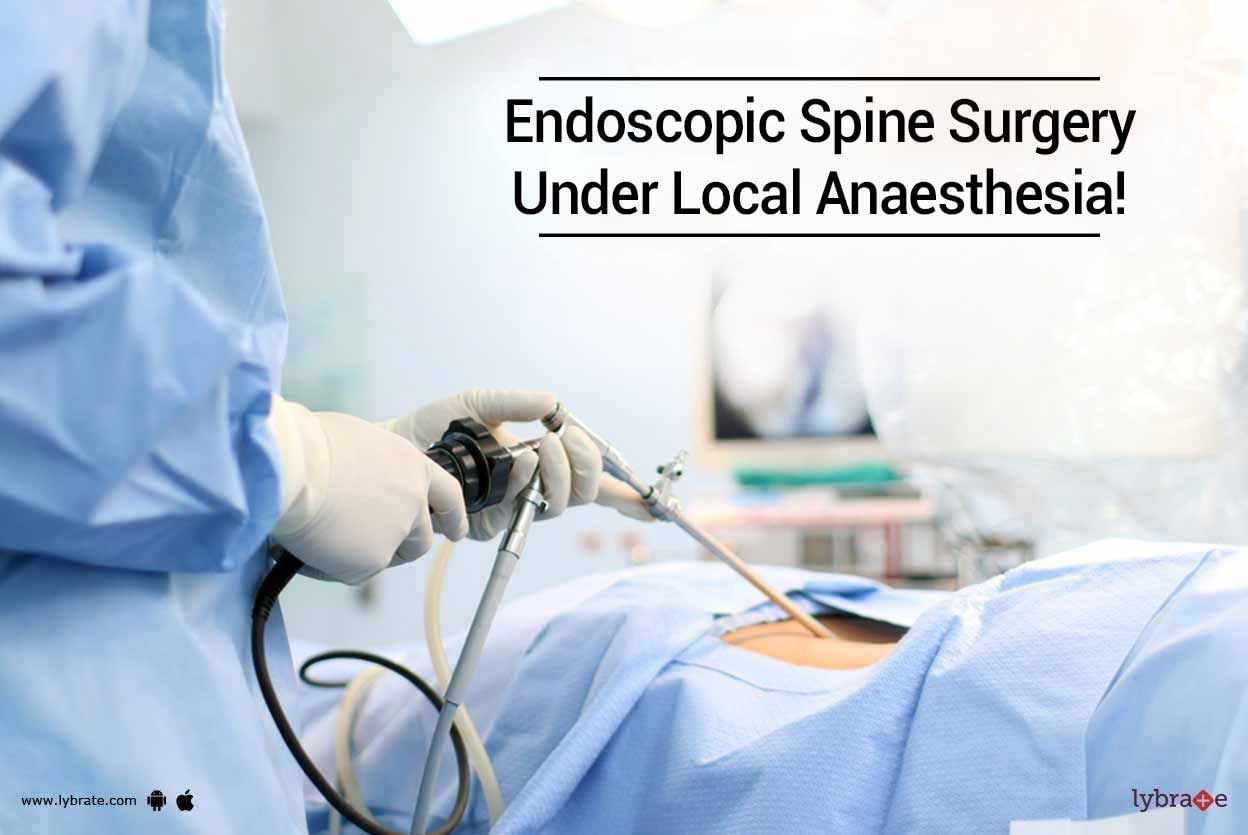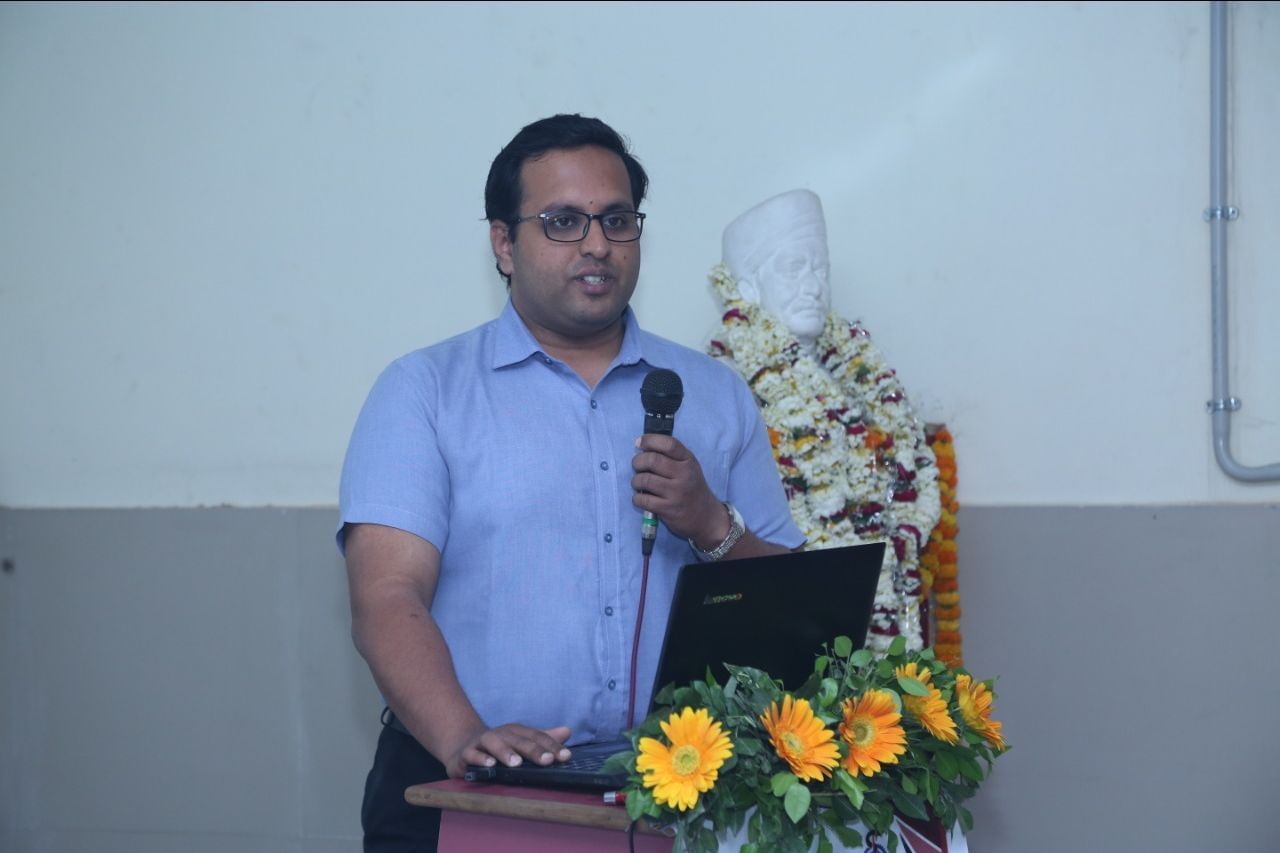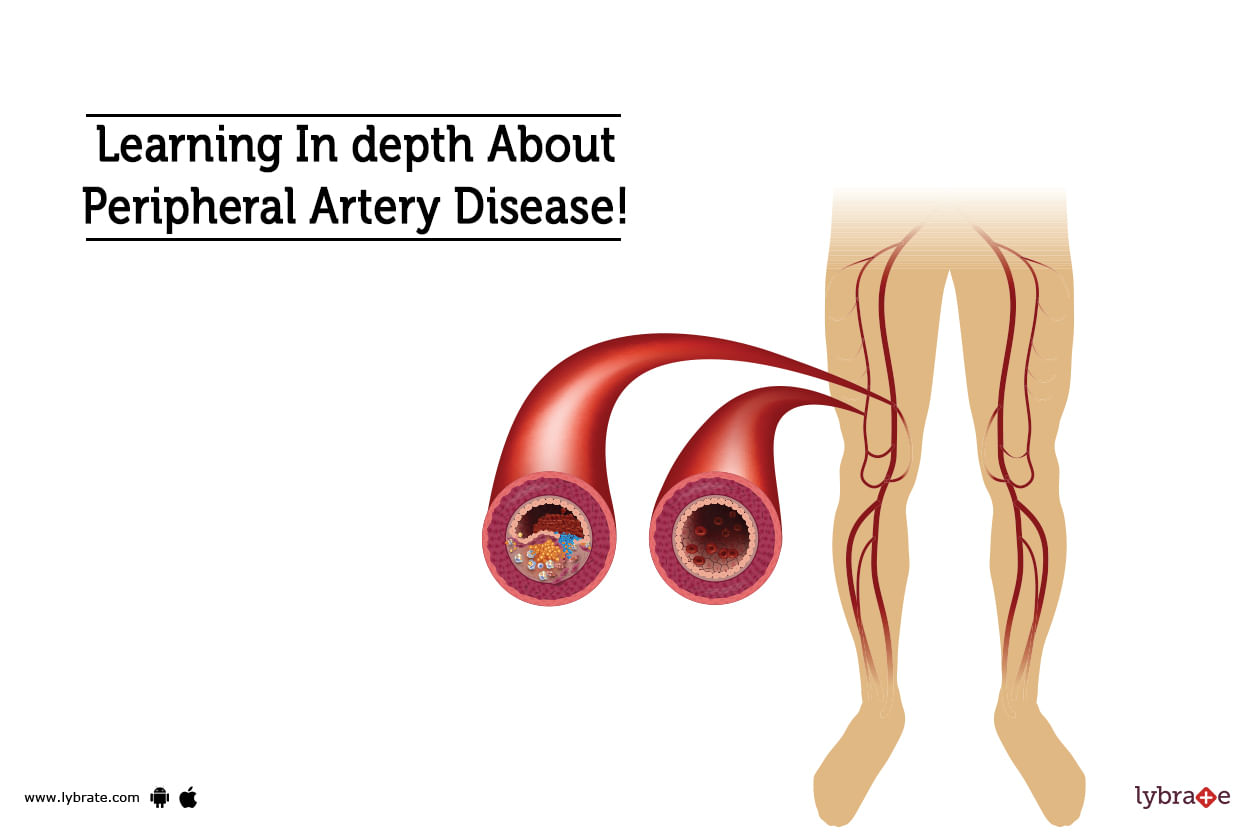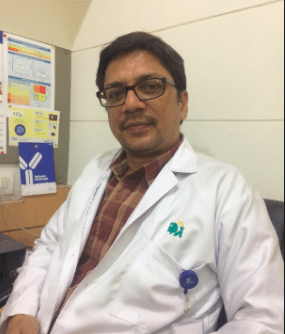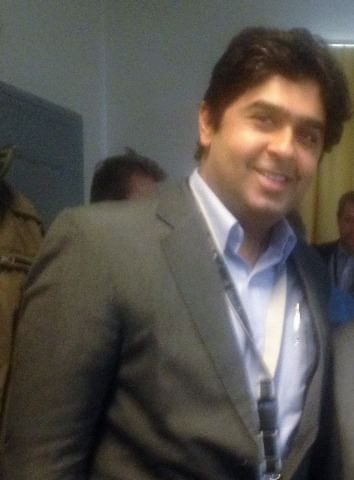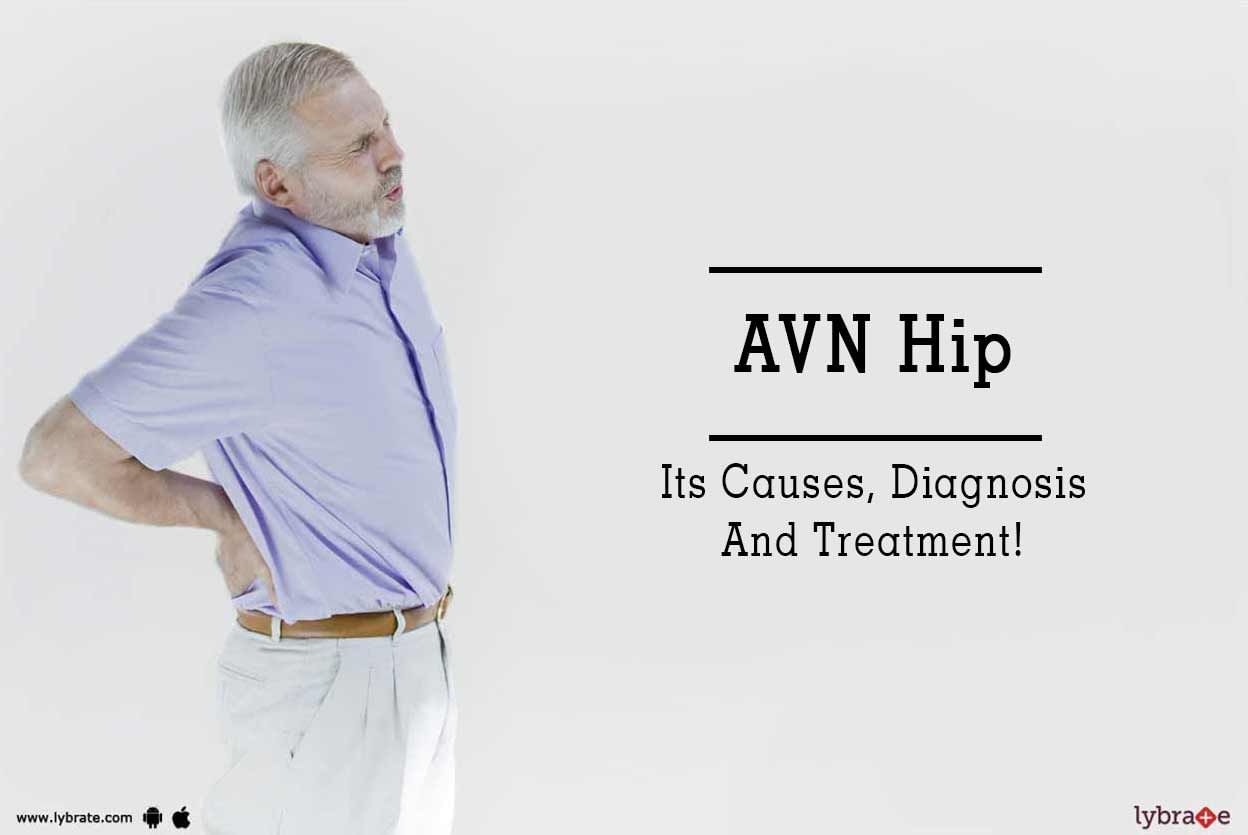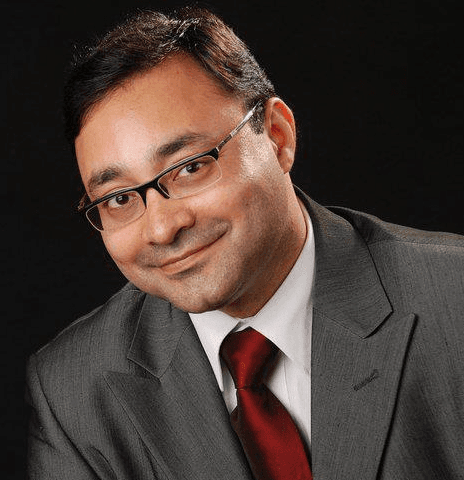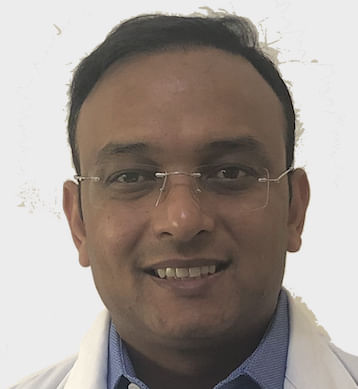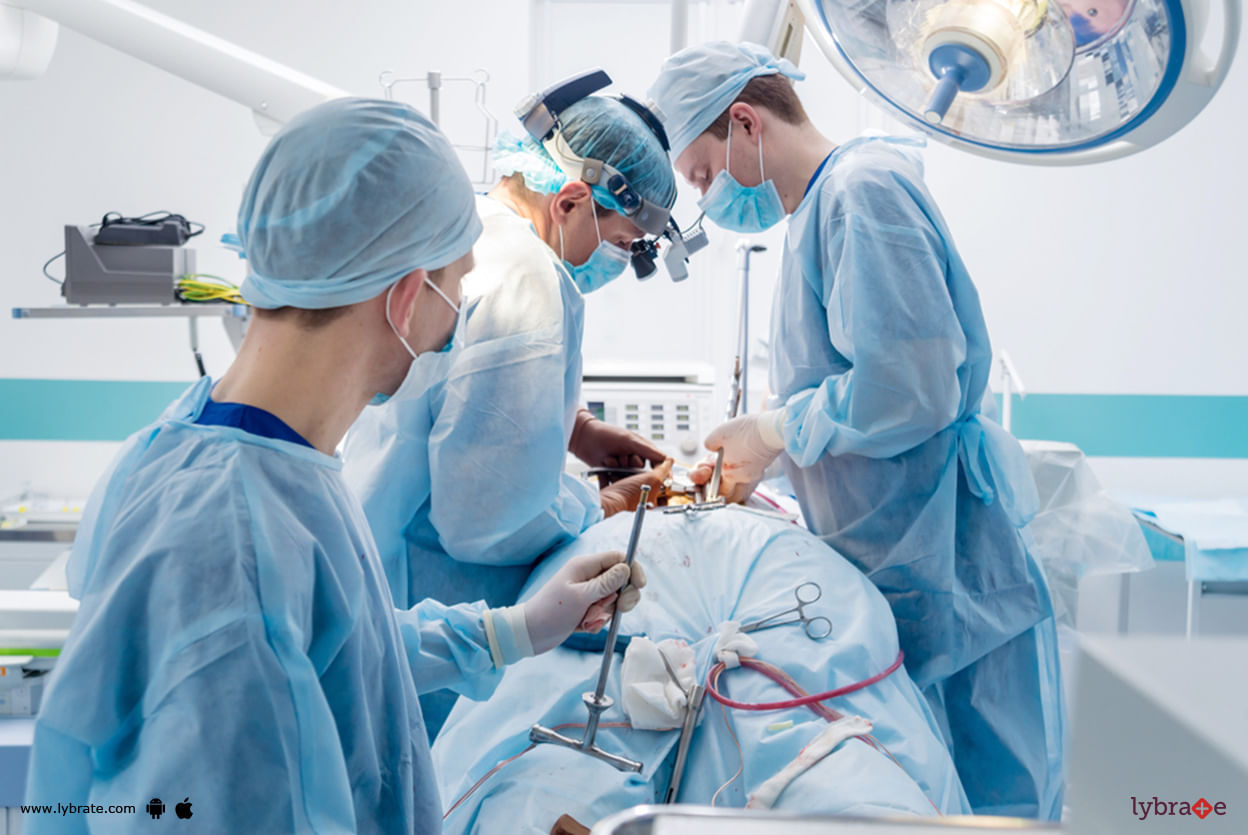Get the App
For Doctors
Login/Sign-up
Health Feed
Find Doctors
Health Packages
AllQ&AsTipsQuizzes
Congenital Diseases Tips
Last Updated: 7 years ago• Featured Tip
Share
Bookmark
Report
Most families refer to their newborn baby as their 'bundle of joy'. The news of a child being born brings immense joy to the entire family. However, due to various reasons, a child could be born with some medical abnormalities, which would be known as congenital abnormalities. There are several different types of heart defects that can be congenital. These usually manifest themselves either immediately after birth or in the early years of life. In some cases, the abnormality could be detected on...more
Last Updated: 7 years ago• Featured Tip
Share
Bookmark
Report
Cardiac problems are very scary and what is more scary is choosing the top cardiologist in Delhi. There are so many cardiologist in Delhi and there are so many type of cardiologist depending on their area of specialization. Clinical cardiologists, adult cardiologist, paediatric cardiologist.
There are few cardiologist who specialize in procedures like electrophysiology, echocardiography, and interventional procedures such as stent placement and balloon angioplasty. Cardiologist are spec...more
There are few cardiologist who specialize in procedures like electrophysiology, echocardiography, and interventional procedures such as stent placement and balloon angioplasty. Cardiologist are spec...more
Last Updated: 7 years ago• Featured Tip
Share
Bookmark
Report
Most families refer to their newborn baby as their 'bundle of joy'. The news of a child being born brings immense joy to the entire family. However, due to various reasons, a child could be born with some medical abnormalities, which would be known as congenital abnormalities. There are several different types of heart defects that can be congenital. These usually manifest themselves either immediately after birth or in the early years of life. In some cases, the abnormality could be detected on...more
Last Updated: 8 years ago• Featured Tip
Share
Bookmark
Report
Most families refer to their newborn baby as their 'bundle of joy'. The news of a child being born brings immense joy to the entire family. However, due to various reasons, a child could be born with some medical abnormalities, which would be known as congenital abnormalities.
If your child has a congenital heart defect, it means that your child was born with a problem in the structure of his or her heart. Some congenital heart defects in children are simple and don't need treatment. O...more
If your child has a congenital heart defect, it means that your child was born with a problem in the structure of his or her heart. Some congenital heart defects in children are simple and don't need treatment. O...more
Last Updated: 8 years ago• Featured Tip
Share
Bookmark
Report
Out of the many things a parent can be worried about their child, physical growth and development are the major ones. Height development is indeed a very crucial part of the overall development of a child's body. But how will you know whether your child is short and should you worry if he or she is short?
When is a child categorised as being short?
A child is said to be of short stature when the height is two standard deviations less than the mean height for the specific age and sex...more
When is a child categorised as being short?
A child is said to be of short stature when the height is two standard deviations less than the mean height for the specific age and sex...more
Last Updated: 9 years ago• Featured Tip
Share
Bookmark
Report
The heart is a muscular organ that pumps blood to the entire body through a network of arteries and veins. This network contains big vessels which branch out further to supply blood to the distant organs. There is, therefore, some pressure that the heart and thereby the vessels need to exert to push the blood through these vessels. This is known as blood pressure, and normal pressure levels range from 90-140(systolic)/60-90(diastolic) mm of Hg. However, due to various reasons, this pressure coul...more
Last Updated: 9 years ago• Featured Tip
Share
Bookmark
Report
What is congenital hypothyroidism?
Newborn babies who are unable to make enough thyroid hormone have congenital hypothyroidism, meaning they are born with an underactive or absent thyroid gland. If the condition is not found and treated, children can have mental retardation and growth failure. But the good news is that early diagnosis and proper treatment can prevent these problems. In most cases, the condition is permanent and your child will need lifelong treatment.
What causes...more
Newborn babies who are unable to make enough thyroid hormone have congenital hypothyroidism, meaning they are born with an underactive or absent thyroid gland. If the condition is not found and treated, children can have mental retardation and growth failure. But the good news is that early diagnosis and proper treatment can prevent these problems. In most cases, the condition is permanent and your child will need lifelong treatment.
What causes...more
Last Updated: 9 years ago• Featured Tip
Share
Bookmark
Report
Most families refer to their newborn baby as their 'bundle of joy'. The news of a child being born brings immense joy to the entire family. However, due to various reasons, a child could be born with some medical abnormalities, which would be known as congenital abnormalities. There are several different types of heart defects that can be congenital. These usually manifest themselves either immediately after birth or in the early years of life. In some cases, the abnormality could be detected on...more
Last Updated: 9 years ago• Featured Tip
Share
Bookmark
Report
Anorexia is a common eating disorder which is identified by abnormally low body weight, intense fear of gaining weight and a distorted perception of body weight. The problem is not only related to your dietary patterns but it also related to your mental state. People with this disorder are generally self-conscious, have a low self-esteem and are overly concerned about their external appearance.
Causes of Anorexia
Biological factors - These factors represent that anorexia can be...more
Causes of Anorexia
Biological factors - These factors represent that anorexia can be...more
Last Updated: 3 years ago• Featured Tip
Share
Bookmark
Report
What do you know about" triple x syndrome?
Triple x syndrome, which may also be referred to as trisomy x, is a genetic condition that mainly affects females and is caused by the presence of an extra x chromosome. Typically, females have two x chromosomes, but in this disorder, there are three x chromosomes instead of two, leading to an overabundance of genetic material.
The exact cause of this extra x chromosome is not well known or understood, but it is bel...more
447 people found this helpful
Last Updated: 5 years ago• Featured Tip
Share
Bookmark
Report
Do you know about a condition called cystic fibrosis that makes your baby s skin taste very salty after birth? The condition changes over time, in which the body makes sweat and mucus, and also affects the digestive system and lung functioning. The condition generally occurs because of a flawed gene. This is a severe and life-threatening disease that affects different people in different ways.
Causes
The gene, called CTFR is present in all humans. It makes a protein that controls th...more
Causes
The gene, called CTFR is present in all humans. It makes a protein that controls th...more
Last Updated: 5 years ago• Featured Tip
Share
Bookmark
Report
Multi Speciality•Chandigarh
Peripheral vascular disease (PVD) is a circulation issue that affects the veins and blood vessels outside of the brain and heart. PVD commonly strikes the veins that supply blood to the arms, legs, and organs situated beneath the stomach. These are the veins that are located away from the heart. They are known as peripheral vessels.
In PVD, the width of the veins get limited. Narrowing is normally created by arteriosclerosis. Arteriosclerosis is a condition where plaque develops inside ...more
In PVD, the width of the veins get limited. Narrowing is normally created by arteriosclerosis. Arteriosclerosis is a condition where plaque develops inside ...more
Last Updated: 6 years ago• Featured Tip
Share
Bookmark
Report
Your spine or backbone is composed of 26 bone discs, known as vertebrae. The vertebra shields your spinal cord and allows you to bend forwards and backwards, and stand. However, a number of problems, such as the following can change the structure or cause the vertebrae and its surrounding tissues to become damaged
Injuries
Infections
Tumours
Changes in bone formation due to ageing herniated disks, spinal stenosis
Conditions like scoliosis and ankylosing spo...more
Injuries
Infections
Tumours
Changes in bone formation due to ageing herniated disks, spinal stenosis
Conditions like scoliosis and ankylosing spo...more
Last Updated: 6 years ago• Featured Tip
Share
Bookmark
Report
Peripheral Artery Disease (PAD) is a disease of blood vessels that are located outside the heart and brain. The condition develops due to fatty deposits in the arteries and veins that stops the blood flow to the heart and mind as the case may be. It narrows the artery and restricts the blood flow, which causes problems to other organs of the body such as kidney, liver, and stomach.
Symptoms of Peripheral Artery Disease-
Peripheral Artery Disease is the most common type of condi...more
Symptoms of Peripheral Artery Disease-
Peripheral Artery Disease is the most common type of condi...more
Last Updated: 6 years ago• Featured Tip
Share
Bookmark
Report
Spinal Tumors are an abnormal mass that grows in the spinal cord or around it. Since these tumors occur in the spinal region, whether spinal cord or column, they came to be known as Spinal tumors. The primary tumor originates in the spine, and secondary tumors may grow in the other areas. They can be benign or malignant. Oncologists classify the spinal tumors according to their location and nature of cancer. They can be cervical, thoracic, lumbar or sacrum.
Causes of Spinal Tumor
more
Causes of Spinal Tumor
Last Updated: 6 years ago• Featured Tip
Share
Bookmark
Report
AVN is the acronym for avascular necrosis, which mostly affects the hip bone. This complication develops when there is a loss of blood flow to the bones. Being a living tissue, bones require a continuous supply of blood, and if there is an interruption to this supply for a long time, bones suffer from avascular necrosis. The longer duration of this condition may cause bone death. Apart from the hips, AVN may also affect other sites like knees, shoulder, ankles, etc.
Symptoms -
...more
Symptoms -
...more
Last Updated: 6 years ago• Featured Tip
Share
Bookmark
Report
The bones in our body are constantly renewing themselves. The old bone tissue is broken down and absorbed by the body while new tissue takes its place. This process is known as 'remodelling'. Paget's disease is a condition that interferes with this process. Over time it can lead to the disfiguring of bones and a loss of bone density. The bones most affected by this condition are the bones of the legs, spine, pelvis and skull.
Diagnosis
Many patients suffering from this condition do ...more
Diagnosis
Many patients suffering from this condition do ...more
Last Updated: 6 years ago• Featured Tip
Share
Bookmark
Report
Delusional disorder refers to the condition in which an individual experiences non-bizarre delusions that are beliefs in things that aren't actually true. The delusions involve situations that take place in real life like being deceived or stalked, conspired against, etc but in actuality, these situations may be highly exaggerated or not true at all as they involve the misinterpretation of experiences or observations. This health problem tends to take place during the middle or later part of you...more
Last Updated: 6 years ago• Featured Tip
Share
Bookmark
Report
Spinal surgery is a process used for correcting the problems in your spine. The process involves welding two bones or vertebrae into one single bone. This reduces the movement of those bones, which in turn, helps to reduce back pain and stabilize the spine.
This type of surgery is performed when physiotherapy and medicines have not helped cure your back pain. The specialists recommend this option when they are able to understand the actual reason behind your pain.
To locate the...more
This type of surgery is performed when physiotherapy and medicines have not helped cure your back pain. The specialists recommend this option when they are able to understand the actual reason behind your pain.
To locate the...more
Book appointment with top doctors for Congenital Diseases treatment
View fees, clinic timings and reviews
Ask a free question
Get FREE multiple opinions from Doctors
posted anonymously

